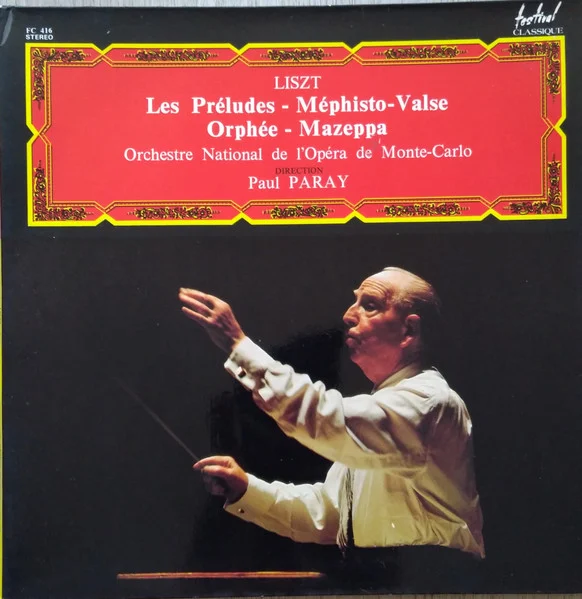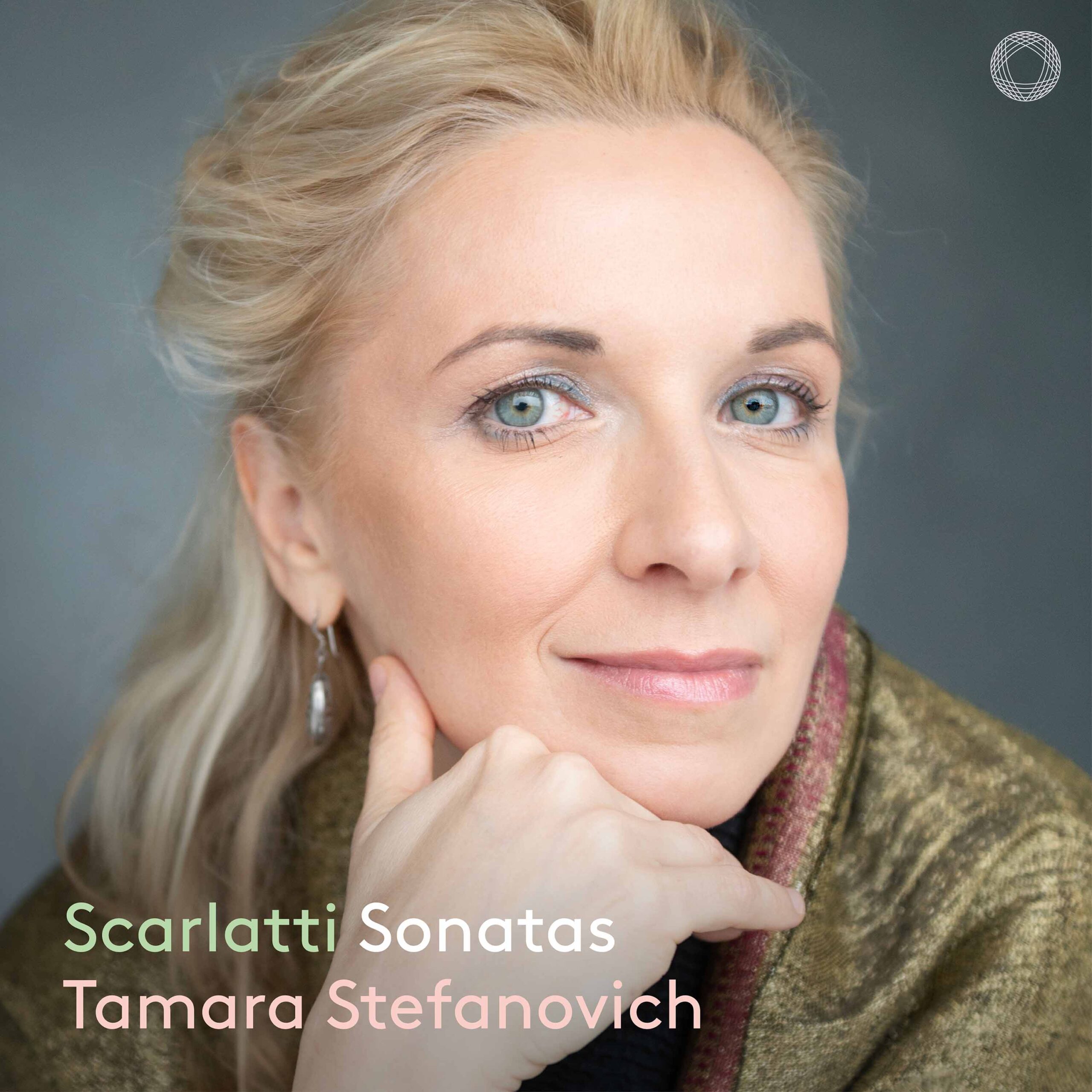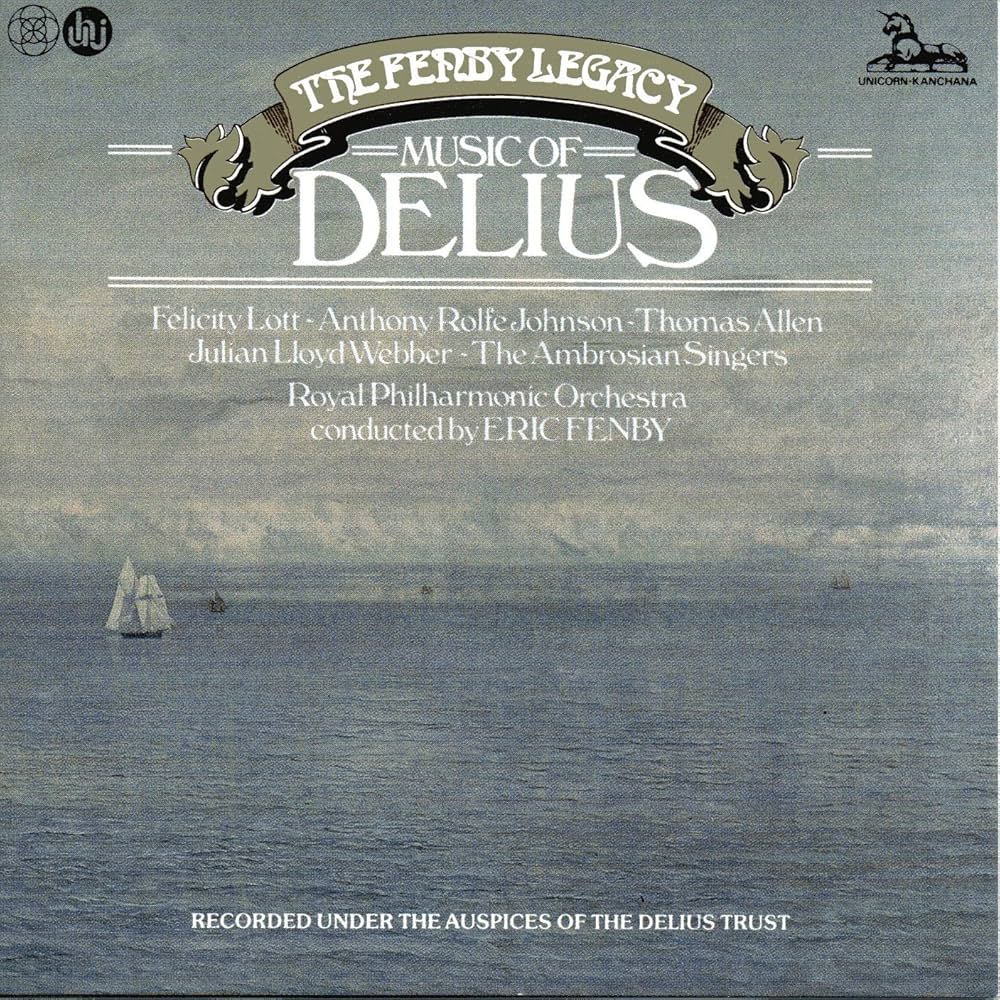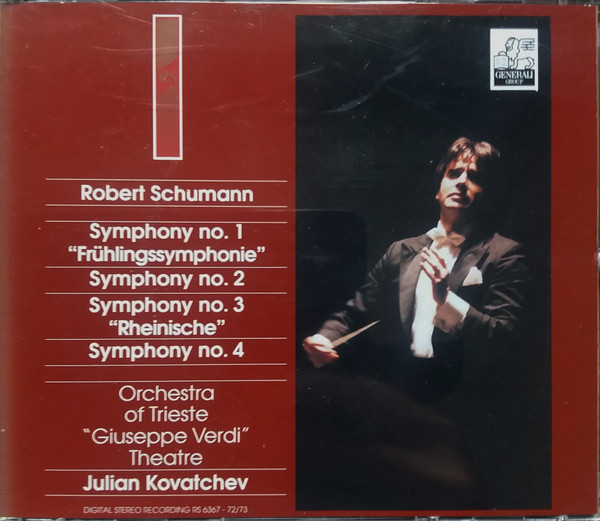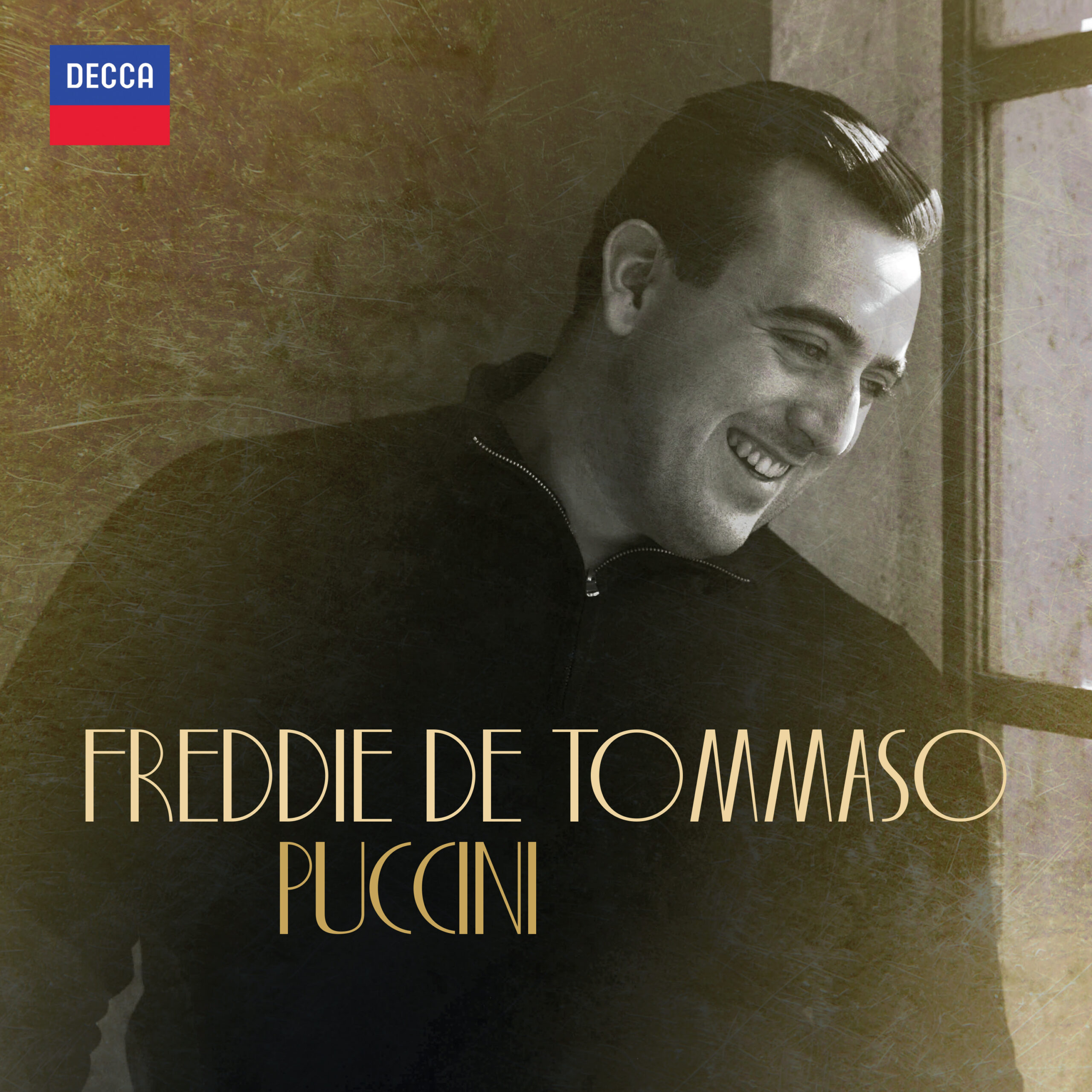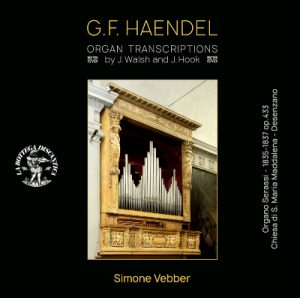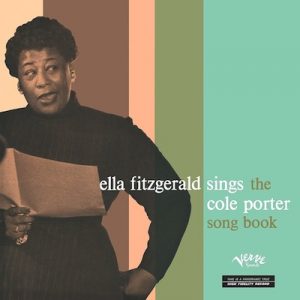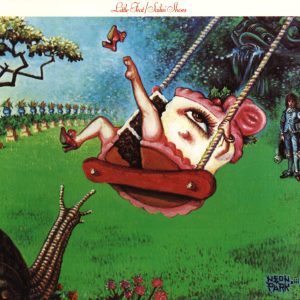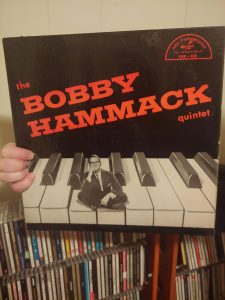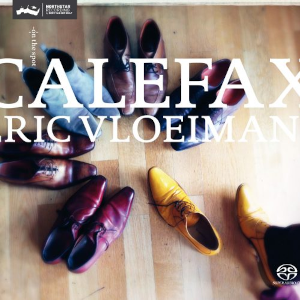Liszt, Les Préludes; Mephisto Waltz; Orpheus; Mazeppa. Monte Carlo Opera Orchestra/Paul Paray. Festival Classique FC 416 (LP). TT: 51.54
My "retrospective" reviews have usually covered compact discs of—ahem—a certain vintage. But I know some audiophiles still favor vinyl over digital formats—I've never given up my own vinyl, though, with age, I'm looking to pare down the sprawling accumulation—so I figured it'd make sense to write about an LP every so often, especially when the disc, like this one, wasn't readily available Stateside, and I've opened up a pristine copy.
Audiophiles who admired Mercury's "Living Presence" series will certainly remember Paul Paray, who, as Music Director in Detroit, made a string of major recordings for that label in the late 1950s and early 1960s. An intense interpreter, some of his performances could seem off-kilter (Schumann symphonies?) but many were excellent: his disc of orchestral Chabrier is stylish and virtuosicaly played; another favorite of mine—I'm not kidding—is his program of six overtures by Franz von Suppé. The present program, recorded in 1969, postdates his Detroit tenure, but shows that his musical instincts and his technical control were as strong as ever.
That control is important, given that he's conducting, or saddled with, the Monte Carlo Opera Orchestra, which was having a curious vogue on disc around this time, appearing on a number of unlikely Philips projects, like Verdi ballets and Gershwin. I have to assume that the ensemble came cheap, before Western companies had access to the not-yet-former Communist bloc. The ensemble was serviceable, though the strings never mustered a huge tone and the reeds were—ahem—quirky (which actually proved an asset in a piece like Ravel's Concerto in G, but was more frequently a liability).
The performance of Orpheus—a lyrical, unpretentious piece that deserves wider play—summarizes the program's strengths and weaknesses. The extended oboe solos are nasty and unaesthetic; the well-tuned strings never quite shimmer; and I'd have liked a few more desks of violins. But Paray fashions the ensemble into a tightly-knit, musically unified group, and shapes the piece cohesively in broad arches that carry the listener along.
The popular Les Préludes actually comes off best. Higher-profile orchestras have offered more velvety horn solos in particular, but the surging, Olympian tuttis are taut, and Paray allows the singing lines enough breathing room. The similarly taut Mephisto Waltz really wants a more massive sonority, supported by more resonant basses— compare Solti (Decca/London) and even Ormandy (CBS/Sony). The clattery Mazeppa can seem emptyheaded at times, but the firm line, again, makes for a convincing performance.
The recorded sound, in its way, seems unremarkable at first: of course this is how the orchestra sounded in the hall. But, nowadays, that's saying a lot. Lighter textures convey a nice sense of air around the instruments, while the big cello crescendo in Mazeppa comes across with vivid presence—unfortunately, so does that oboe solo. Those willing to go digital should note that, according to Brendan Wehrung's venerable online Paray discography (https://tinyurl.com/475kcjhd—an old Geocities page!), Orpheus and Mazeppa were reissued on Planeta-Agostini GEP 29-2.
stevedisque.wordpress.com/blog




